Zaha Hadid Architects shares its conceptual design for the abandoned British Royal Yacht
Although plans for the Royal Yacht are all at sea, ZHA, Jason Bruges Studio, Vitruvius Yachts and OCEA conjured up a contemporary vision for this very traditional role
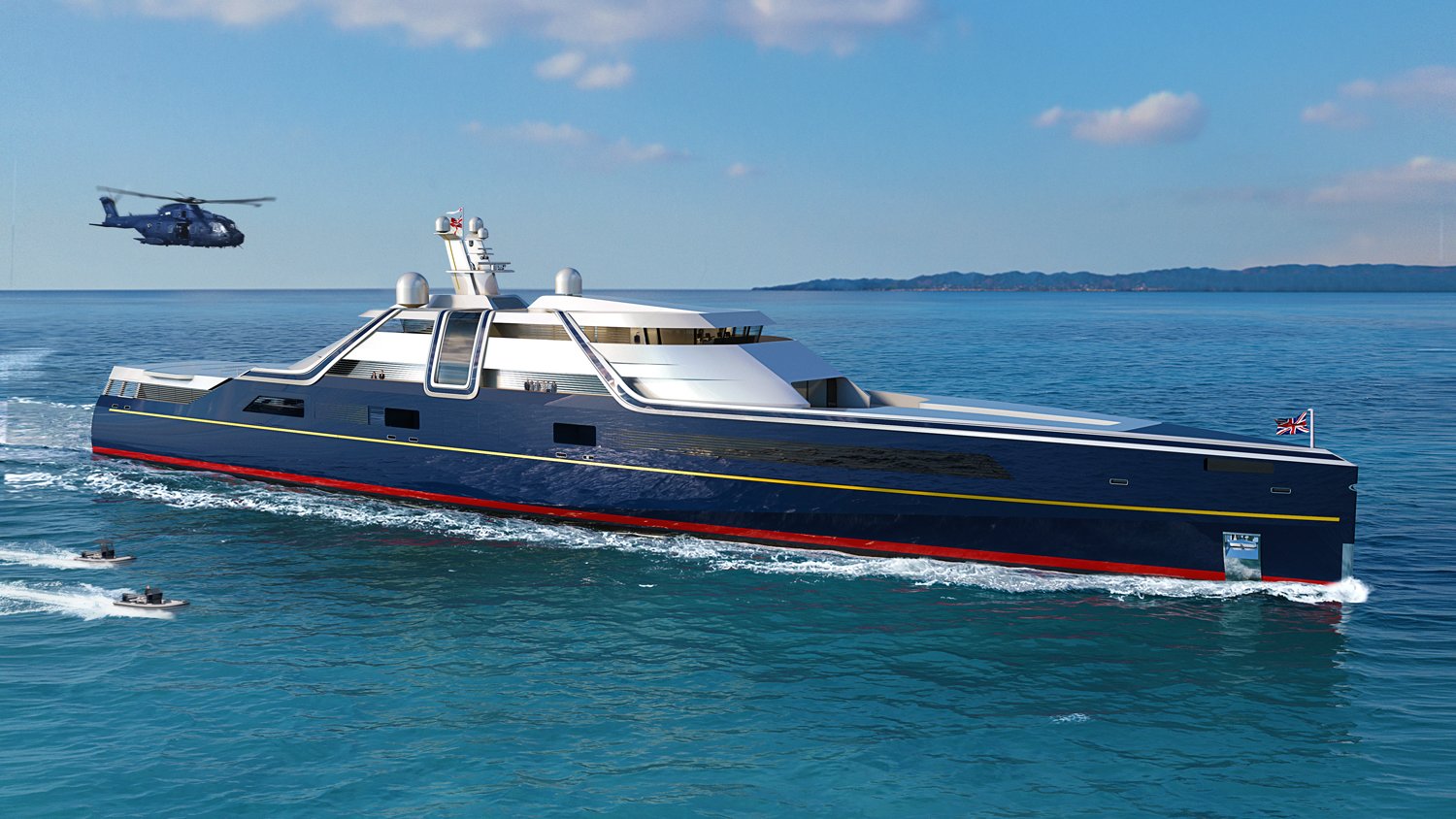
Time was when a new Royal yacht – for the British Royal Family – seemed like a rather good idea. Hailed as a miracle wheeze for boosting heavy industrial and craft-level jobs as well as re-gilding the rather tarnished Royal image, calls for a replacement for HMY Britannia started almost immediately after the 83rd Royal yacht was retired and decommissioned in December 1997.
This proposal from Zaha Hadid Architects (ZHA), designed in collaboration with Philippe Briand and Veerle Battiau’s Vitruvius Yachts, was one of four entries into a design competition for a new national flagship. ZHA and Vitruvius collaborated with Jason Bruges Studio and French boat builder OCEA to form Team FestivAl.
British Royal yacht concept: what might have been
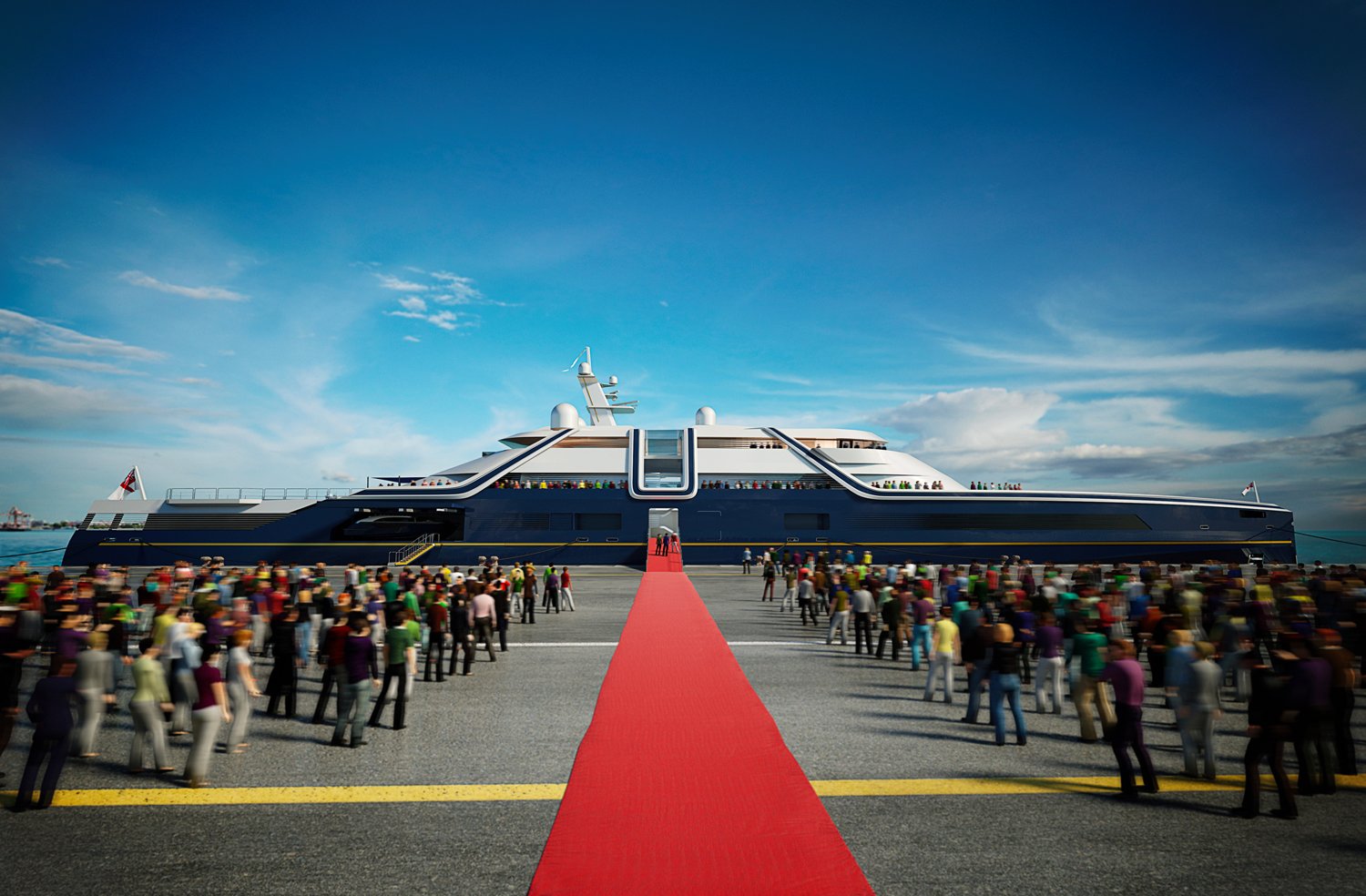
This was not ZHA's first foray into naval architecture. Back in 2013, the company worked on a suite of six yacht designs for the German shipyard Blohm + Voss, and last year it unveiled a conceptual catamaran design, the Oneiric in collaboration with the Italian superyacht builder Rossinavi.
Britannia worked hard over its 44-year career, travelling over a million nautical miles to 135 countries during nearly 700 official trips. The retirement of the familiar Royal Blue hull caused a certain amount of lament amongst royalists, although proposals for a successor played up the historic ship’s role as an ambassador for the UK, not just a handy holiday spot for the Royal Family.
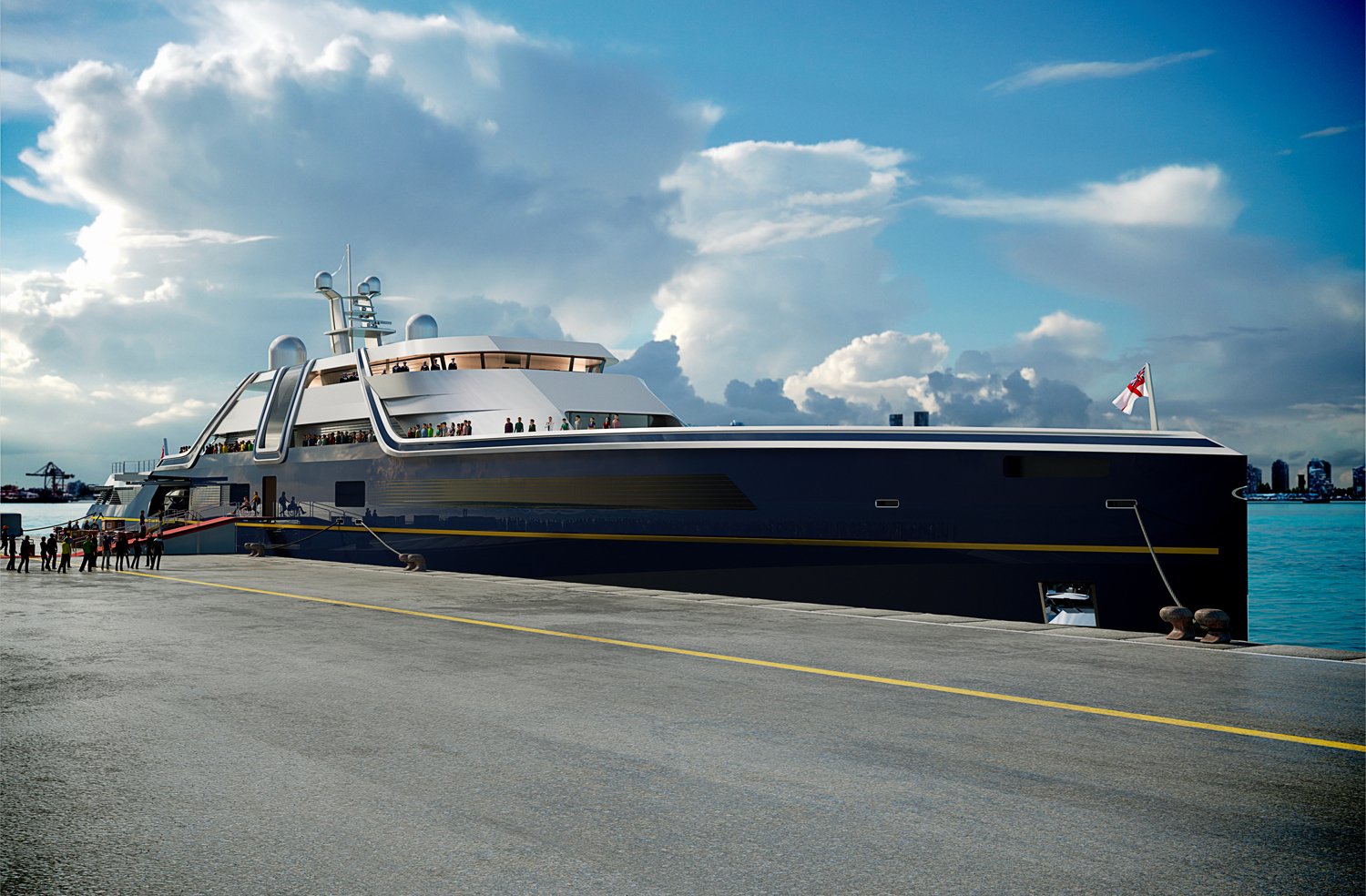
In mid-2021, Prime Minister Boris Johnson announced plans for a new £200m Royal yacht, tentatively named after the late Prince Philip, Duke of Edinburgh. Within a few weeks, this grand scheme was being hastily pedalled back and any ideas for a ‘new national flagship’ were conclusively canned in November 2022 (a former palace source tweeted, ‘[the Royal Family] never wanted or even asked for a replacement’).
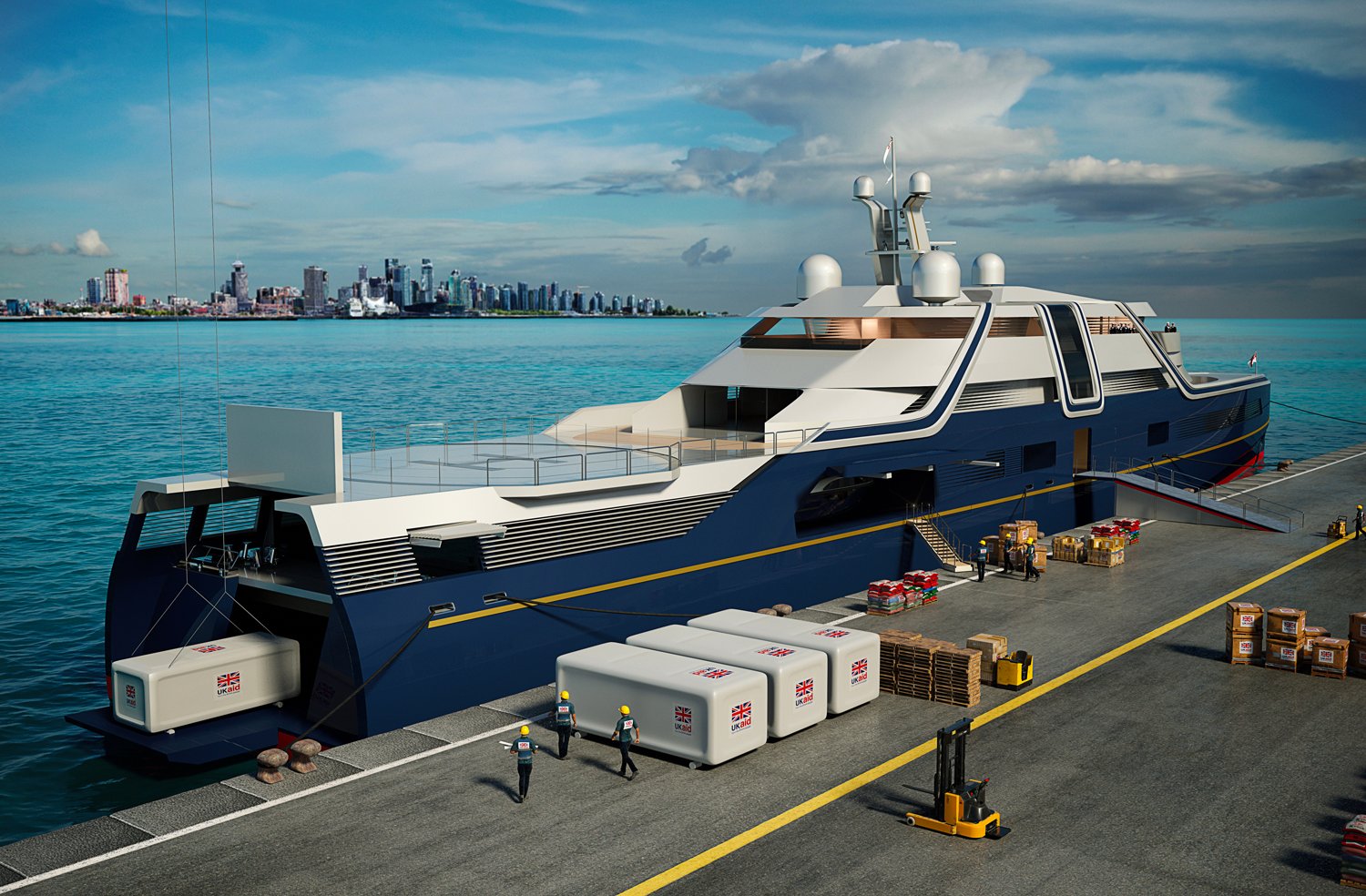
ZHA’s involvement will therefore remain an intriguing footnote in this stalled venture. The 125m yacht would have had a sustainable, zero-emission propulsion system and an emphasis on a multi-role mission, capable of transforming from an ‘exhibition showcase or floating embassy … suitable for everyone from VVIPs to schoolchildren and the disabled.’
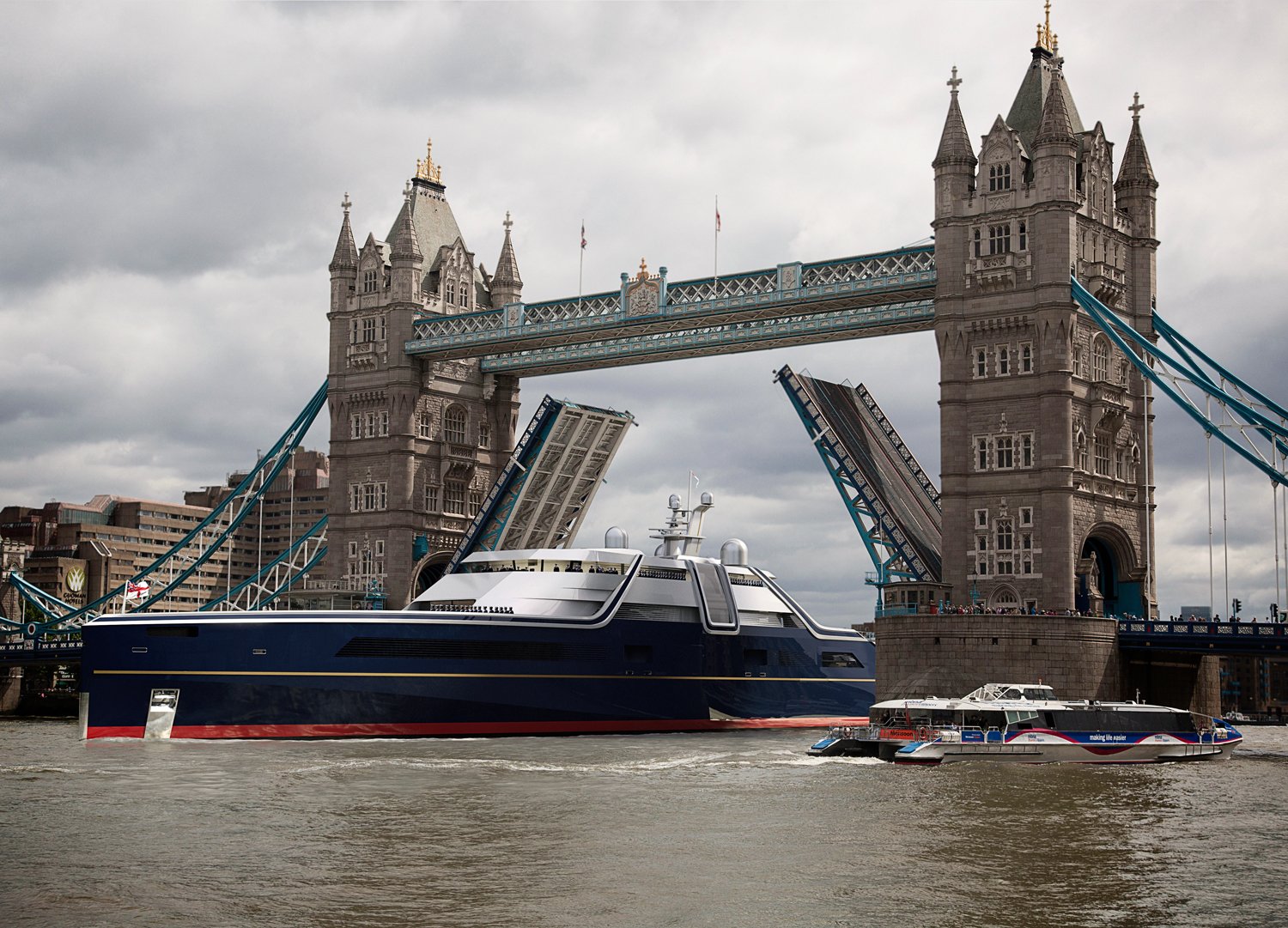
Although interior designs weren’t revealed, the plans were said to include a wealth of recycled materials, including a recycled aluminium hull, and a large central atrium. This is hinted at in the hull designs, with fluid lines running from the near vertical prow and stern, rising up to frame a large window above a ceremonial entranceway and ramp. Jason Bruges Studio proposed a lighting sculpture that illuminated the hull and projected images onto the surrounding waster.
Wallpaper* Newsletter
Receive our daily digest of inspiration, escapism and design stories from around the world direct to your inbox.

The three other finalist teams in the abandoned competition included Team Harland & Wolff, featuring naval architect Stephen Payne with Clifford Denn Design, Team New Flagship Company led and funded by advertising entrepreneur Ian Maiden, bringing together Mark Whiteley Design and ThirtyC Yacht Design, and Team Signal, including superyacht industry veterans Bannenberg & Rowell Design alongside engineering specialists Houlder.
Zaha Hadid Architects, Zaha-Hadid.com
Jason Bruges Studio, JasonBruges.com
Vitruvius Yachts, VitruviusYachts.com
OCEA Shipbuilding, OCEA.fr
Jonathan Bell has written for Wallpaper* magazine since 1999, covering everything from architecture and transport design to books, tech and graphic design. He is now the magazine’s Transport and Technology Editor. Jonathan has written and edited 15 books, including Concept Car Design, 21st Century House, and The New Modern House. He is also the host of Wallpaper’s first podcast.
-
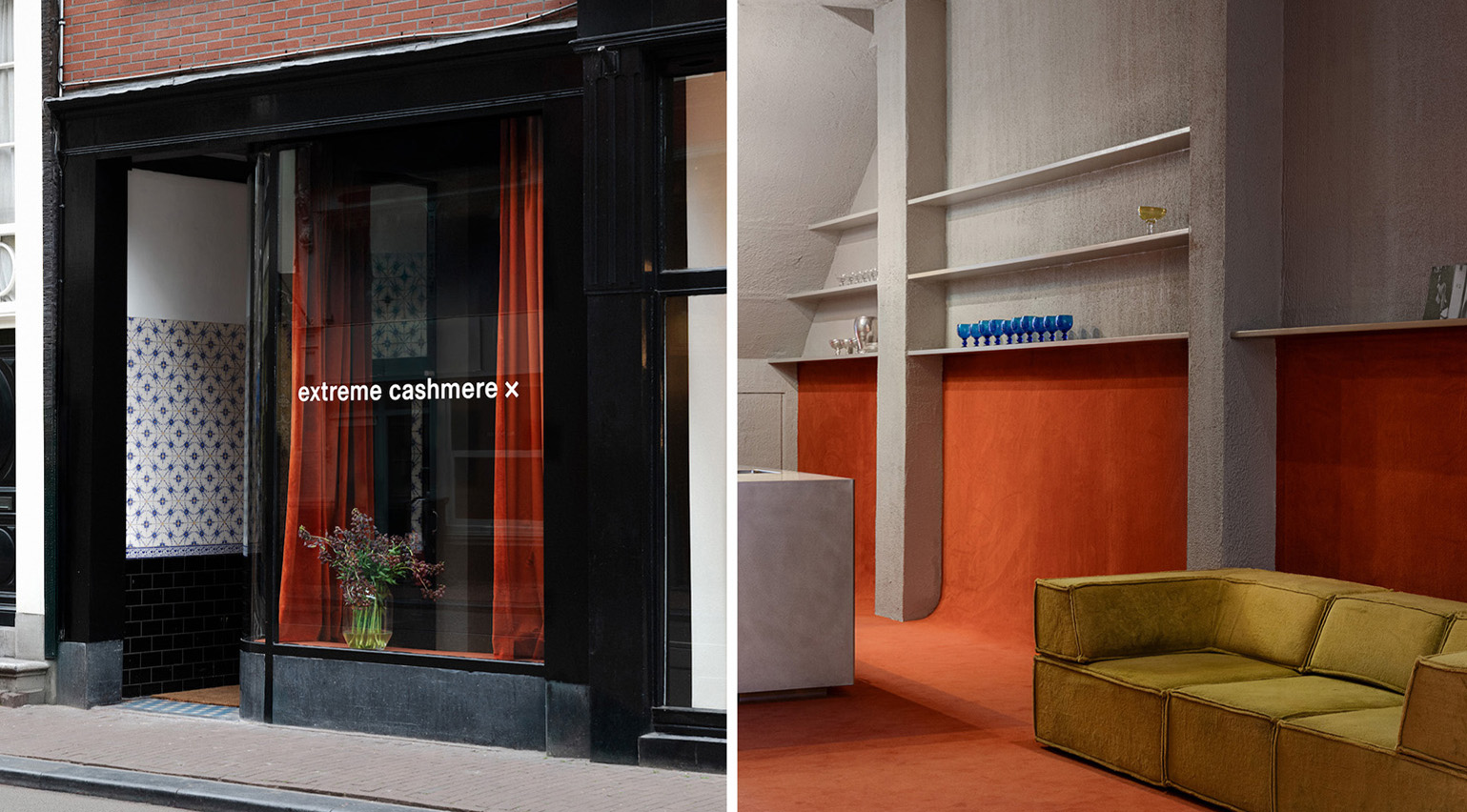 Extreme Cashmere reimagines retail with its new Amsterdam store: ‘You want to take your shoes off and stay’
Extreme Cashmere reimagines retail with its new Amsterdam store: ‘You want to take your shoes off and stay’Wallpaper* takes a tour of Extreme Cashmere’s new Amsterdam store, a space which reflects the label’s famed hospitality and unconventional approach to knitwear
By Jack Moss
-
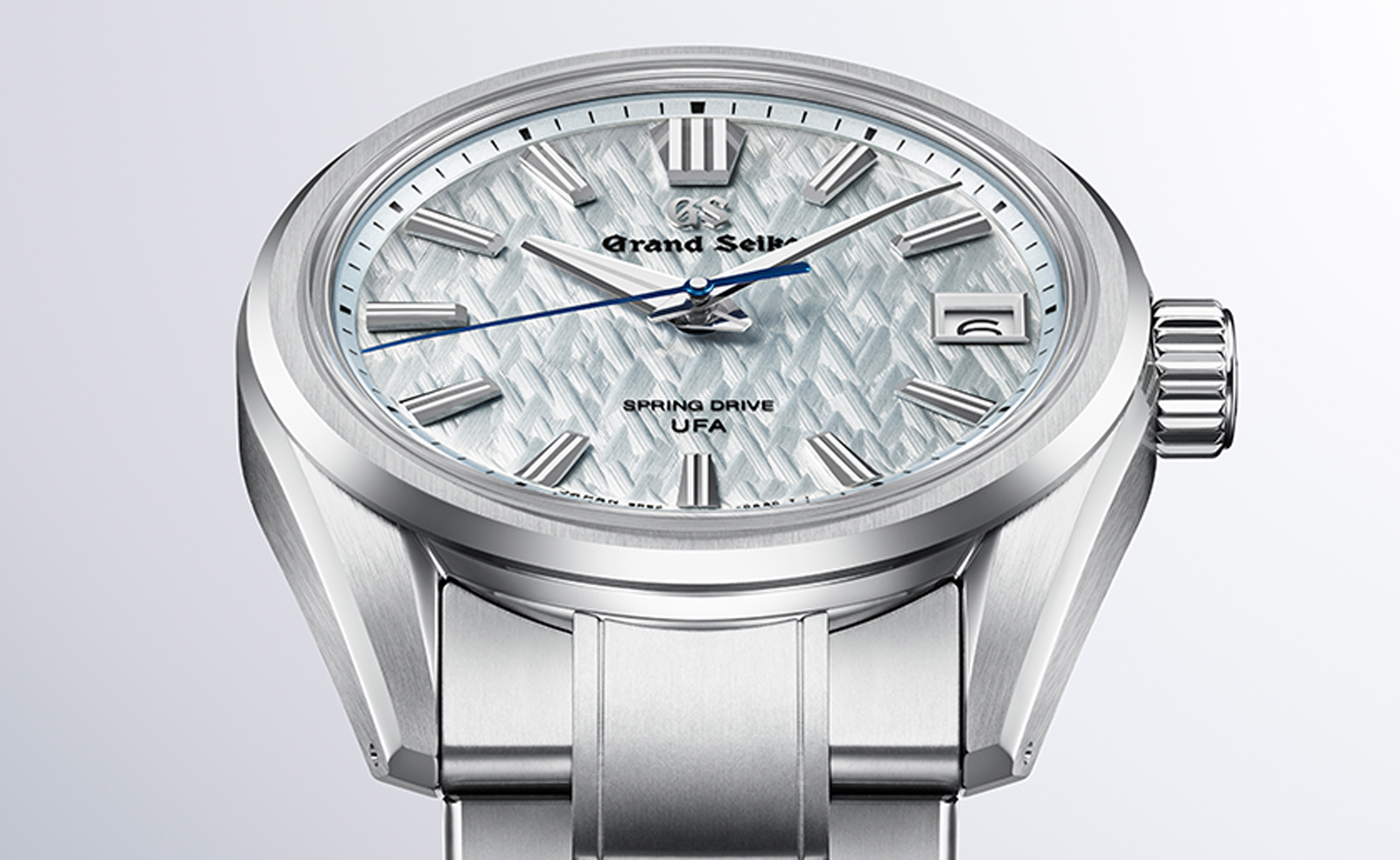 Titanium watches are strong, light and enduring: here are some of the best
Titanium watches are strong, light and enduring: here are some of the bestBrands including Bremont, Christopher Ward and Grand Seiko are exploring the possibilities of titanium watches
By Chris Hall
-
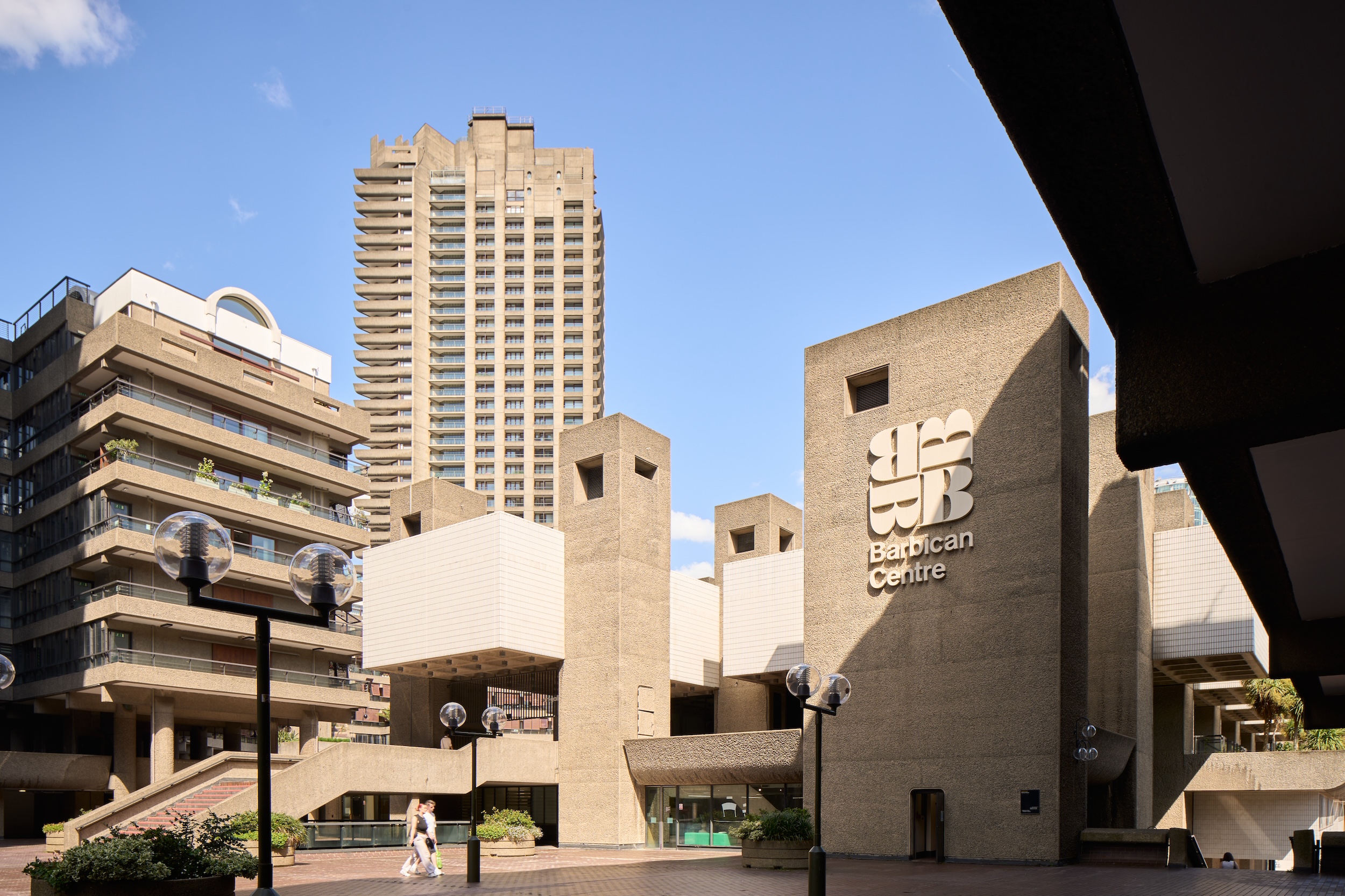 Warp Records announces its first event in over a decade at the Barbican
Warp Records announces its first event in over a decade at the Barbican‘A Warp Happening,' landing 14 June, is guaranteed to be an epic day out
By Tianna Williams